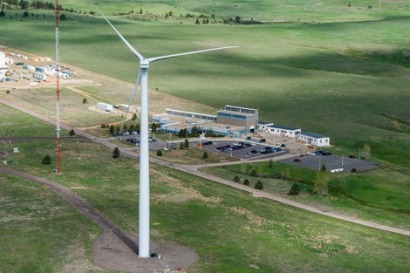
At present the UK remains committed to ambitious climate change targets, but recent rises in energy prices, the impact of the 2008 financial crisis and heightened concerns about energy security have presented challenges to the government’s commitment to these targets.
A new report by UKERC entitled “UK Energy Strategies Under Uncertainty” identifies the key uncertainties facing the UK’s planned low carbon transition while also recommending a series of strategies to resolve these uncertainties. The report features contributions from leading academic experts on energy, exploring the factors that are likely to affect the achievement of emissions reductions across the UK energy system. These include such issues as the introduction of electric vehicles (EVs), the transformation of heat networks and the flow of finance for low carbon power stations. It also includes uncertainties relating to public attitudes, environmental impacts and natural resources which could potentially have more wide ranging impacts.
“For the last decade energy policy in the UK has been an increasingly delicate balancing act between reducing emissions, security and affordability” said Professor Jim Watson, Research Director of the UK Energy Research Centre and one of the lead authors of the report. “Policymakers are right to be sensitive to the financial pressures facing the public and businesses, but action to relieve these pressures shouldn’t come at the cost of progress towards a low-carbon economy. Current uncertainties about the direction of UK energy policy run the very real risk of making energy less affordable, less secure and less sustainable in the long-term.”
The report recommends that the government should expand energy efficiency programmes, particularly for the use of heat in buildings. Energy efficiency is among the most effective ways to help consumers reduce their bills, especially when fossil fuel prices are high. The report also finds that concerns regarding an investment ‘gap’ are overstated in that there is no shortage of capital, although changes to policy frameworks, market structures and business models may be required to attract that capital to the UK power sector. The Competition and Markets Authority inquiry into the ‘Big 6’ utilities is an important opportunity to consider the need for further market reforms.
“Raising the billions of pounds needed to fund the UK’s transition to a low-carbon economy will be challenging, but is achievable” added Dr Rob Gross, Director of the Centre for Energy Policy and Technology at Imperial College London and a co-author of the report. “Most low-carbon projects rely heavily on existing utility companies for funding but these companies are facing multiple pressures on balance sheets and a key challenge for policymakers is to create the conditions that either allow utilities to raise the finance needed by themselves or permit new forms of project finance, in order to attract sources of international capital into the sector.”
The report argues that there needs to be much broader engagement with the public. This should take the form of decisions concerning the prioritisation of particular combinations of technologies rather than seeking to persuade people to accept particular pre-determined technologies. More attention should also be paid to public concerns about the structure of the energy market and who should pay for new investments that need to be made. This could persuade the public to accept less desirable aspects of system change, such as some continued fossil fuel use, if there is confidence that the full range of concerns are being considered, and there is a clear long-term vision for change.
For additional information:

